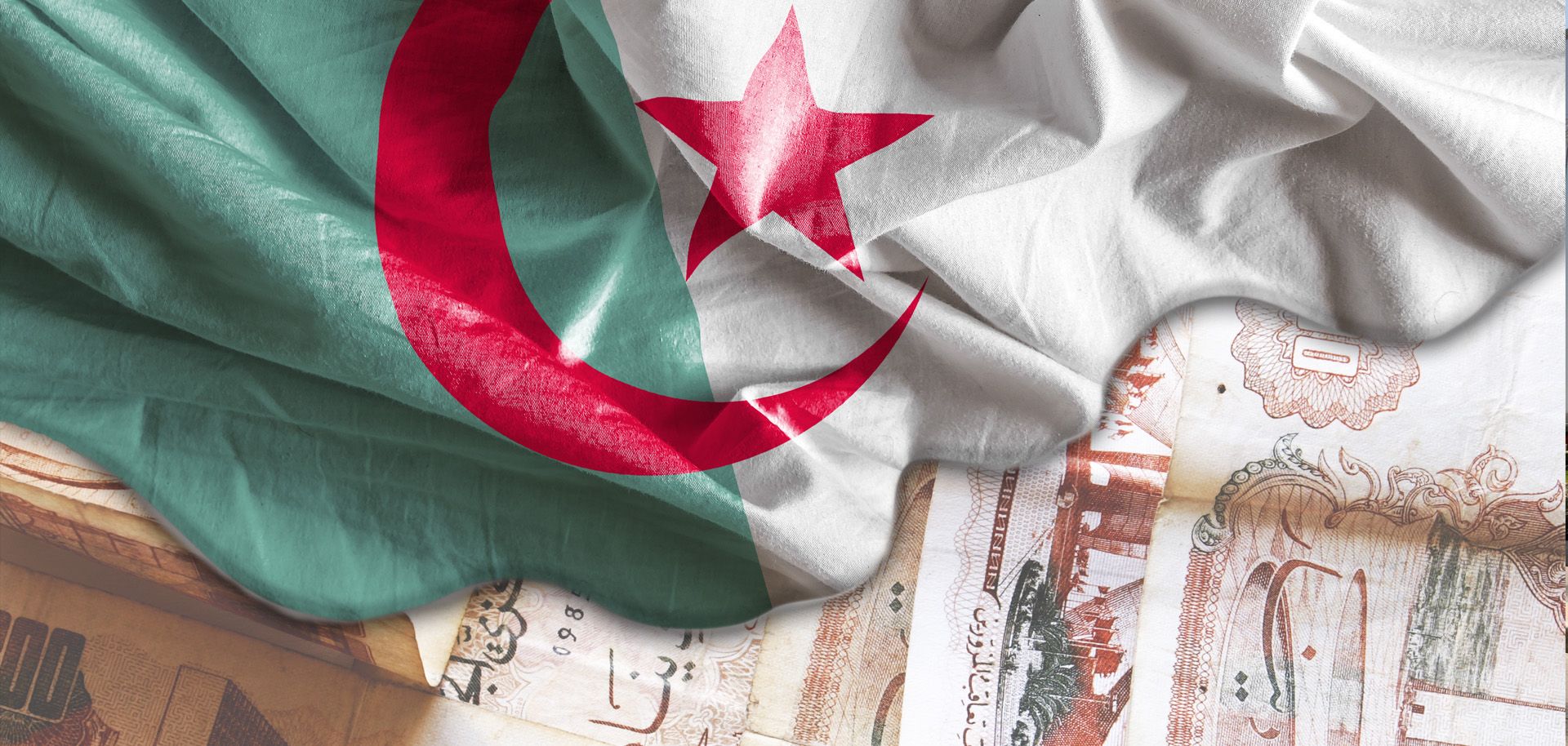
Foreign investors weigh several key factors before committing capital—political stability, regulatory transparency, infrastructure quality, and market potential.
For the Maghreb region, strategically located between Europe and Sub-Saharan Africa, such fundamentals should ideally position it as a magnet for international capital. Yet, a closer look reveals a fragmented reality—especially in Algeria.
According to the World Investment Report 2025 by the United Nations Conference on Trade and Development (UNCTAD), Africa saw a dramatic 75% surge in foreign direct investment (FDI) inflows in 2024, reaching a record $97.03 billion.
This upswing underscores renewed investor confidence in the continent, despite global economic headwinds and mounting geopolitical uncertainty.
However, Algeria’s performance tells a different story.
Ranked 16th on the continent, the North African country attracted just $1.43 billion in FDI last year—a figure that significantly underperforms relative to its economic size and natural resource wealth.
Experts attribute this stagnation to a host of structural challenges.
“Algeria’s investment climate continues to be undermined by administrative inefficiencies, opaque regulatory frameworks, and a lack of investor confidence,” said one analyst familiar with North African economic trends.
Meanwhile, several African nations have successfully implemented reforms that have unlocked greater capital inflows.
By simplifying business registration processes, upgrading transport and energy infrastructure, and enhancing legal protections, countries such as Egypt, Morocco, and Rwanda have emerged as frontrunners in the global investment race.
In contrast, Algeria has struggled to translate its abundant natural gas reserves and sizeable domestic market into compelling incentives for foreign investors. The lack of clarity and predictability in its investment policies remains a persistent deterrent.
Observers agree that Algeria now faces an urgent imperative: to modernize its business environment, streamline bureaucracy, and rebuild trust with international investors.
Without these reforms, it risks missing out on Africa’s rising tide of foreign capital—a wave that shows no signs of slowing.
As global attention increasingly turns toward emerging markets, Algeria’s ability to seize the moment may determine whether it remains on the periphery or reclaims a central role in Africa’s economic renaissance.



